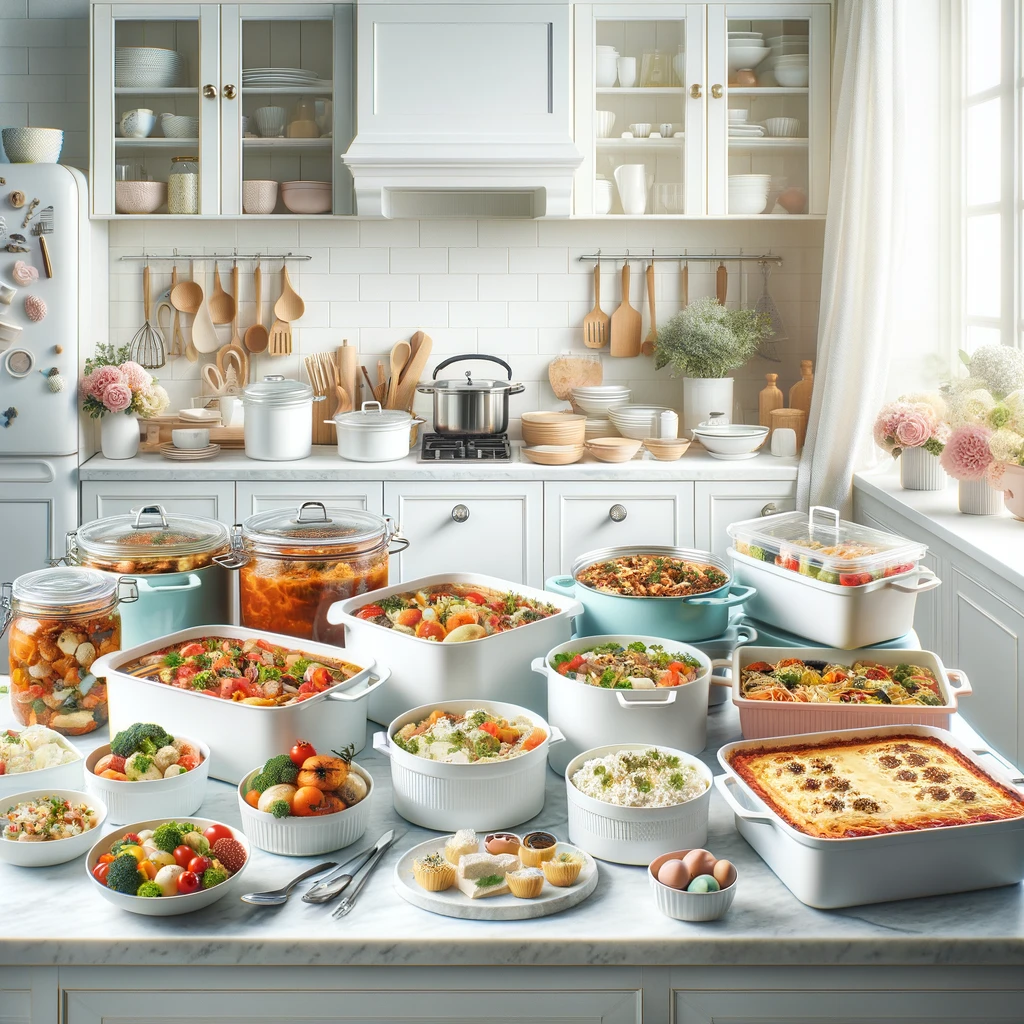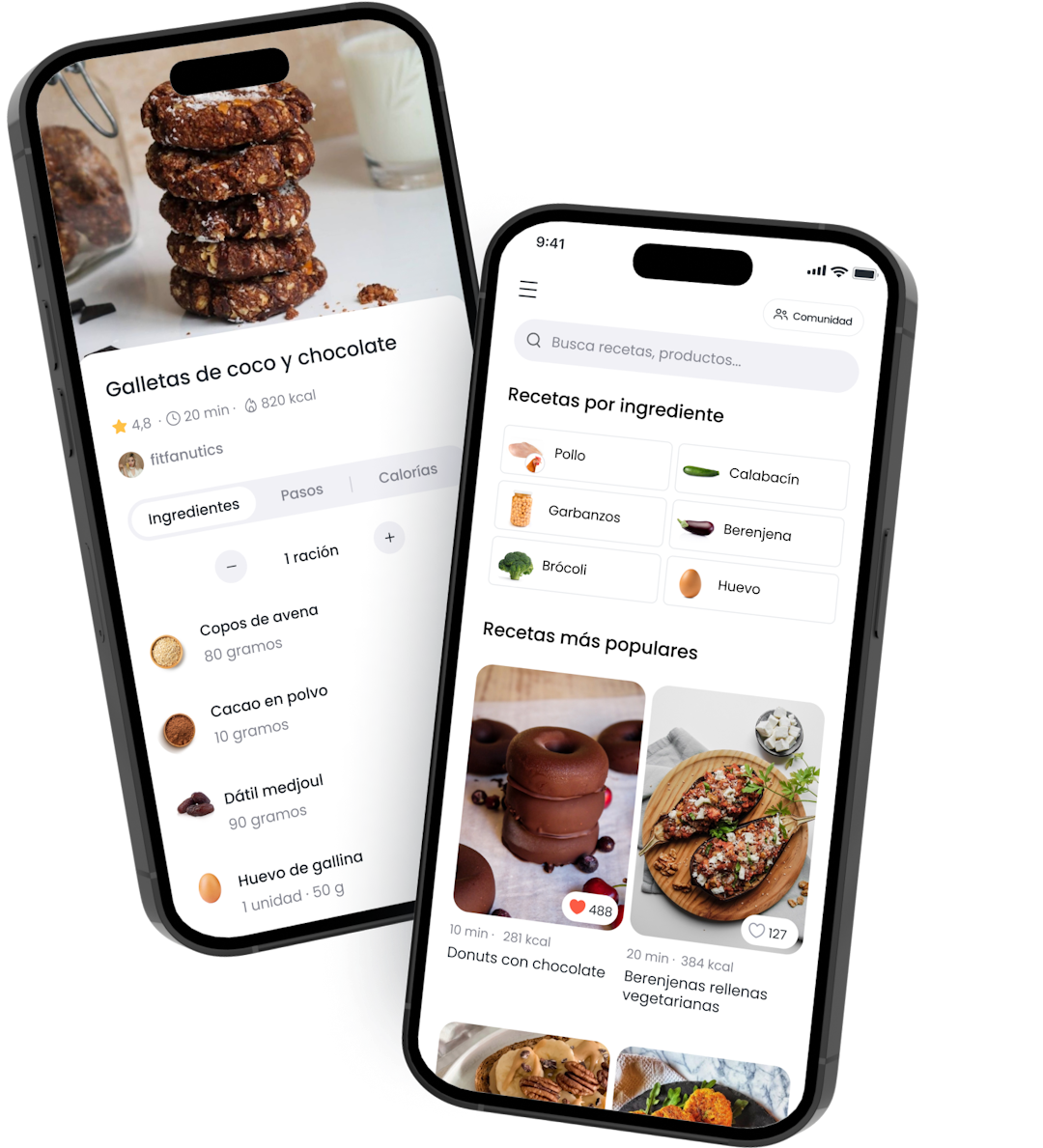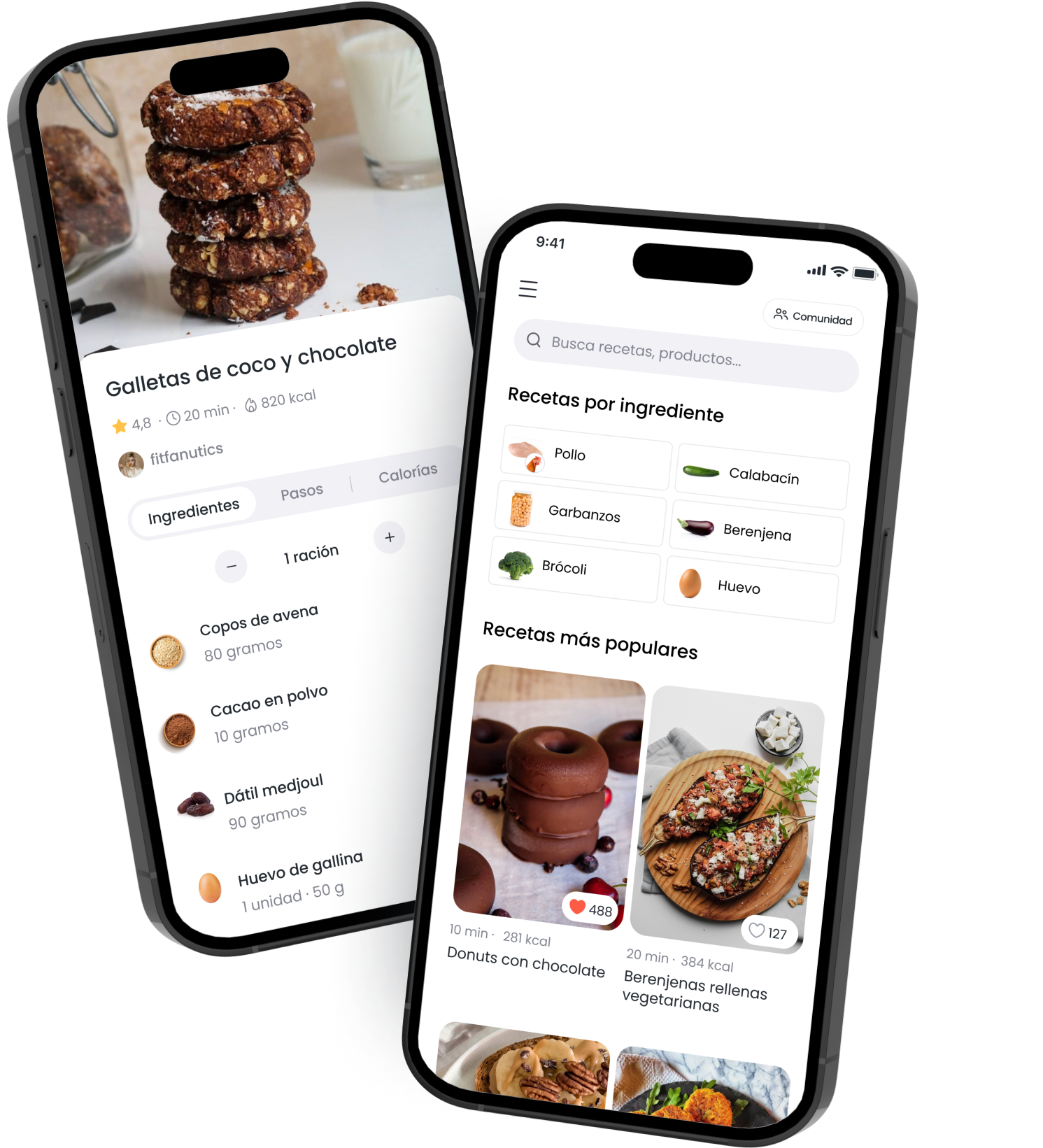The dangers of Batch Cooking: tips for optimal food safety

3 minutos de lectura · 20 Mar 2024

Today, with the fast pace of life, Batch Cooking has become a popular practice for those who want to simplify their meal preparation and maintain a healthy diet.
However, despite its many benefits, such as saving time and money and having a meal plan that helps you eat healthier, Batch Cooking can also be a challenge in terms of food safety. That's why it's important to know the potential risks of batch cooking and how we can address them to ensure a safe and healthy cooking practice.
What is Batch Cooking?
Batch Cooking consists of preparing large quantities of food at one time to be consumed over several days. This practice not only saves time, but also encourages healthy eating habits by having nutritious meals ready to eat at any time.
By allocating a few hours a week, multiple preparations can be made that combine with each other and form the basis of weekly menus. Batch Cooking can be complemented with other simple preparations, such as preparing a salad or a grilled protein source on the spot.
Risks associated with Batch Cooking
One of the main risks of batch cooking is the possibility of food contamination due to improper food handling. It is crucial to follow proper food safety guidelines to prevent foodborne illness.
Tips for optimal food safety
1. Proper storage: After cooking, it is essential to store preparations properly in airtight containers, preferably glass, and refrigerate immediately to prevent bacterial growth.
2. Duration of food storage: it is important to consider how long different types of food can be kept in the refrigerator to avoid the growth of bacteria and toxins that can cause food poisoning.
It should be noted that cold slows down the process of proliferation of bacteria and other pathogenic microorganisms, helping to avoid hazards and intoxications. However, cooked food has an expiration date in the refrigerator, which will vary depending on the different preparations.
The shelf life of some foods is shown below:
Cooked meats and fish can be stored for 3 to 4 days.
Cooked vegetables can be refrigerated for 3 to 5 days.
Rice and pasta should not be kept for more than 1 to 2 days in the refrigerator, because they may contain Bacillus cereus, a spore-producing bacterium that can cause food poisoning.
Stews can be kept refrigerated for 2 to 4 days.
Cooked eggs can be kept 1 week in the refrigerator, as long as the shell is in good condition and has not been broken.
3. Food rotation: it is important to consume foods prepared earlier first to ensure food safety and avoid food waste.
4. Safe reheating: when reheating prepared foods, be sure to heat them thoroughly to help sanitize the food. It would be recommended to reach boiling point and hold for a few minutes.
5. Labeling: labeling food is something that can be useful is to label the containers with the date of preparation to have a record and control.
Tip! If you anticipate that a food may be in the refrigerator longer than it should, you can choose to freeze it to prevent it from spoiling.
How MyRealFood can help you
MyRealFood app offers a variety of useful resources for those implementing Batch Cooking, from healthy recipes to storage and food safety tips. Download the app for free, and save time and money in the kitchen and gain safety.
¡Descubre miles de recetas saludables gratis en la App!
Descarga MyRealFood Gratis 🚀

